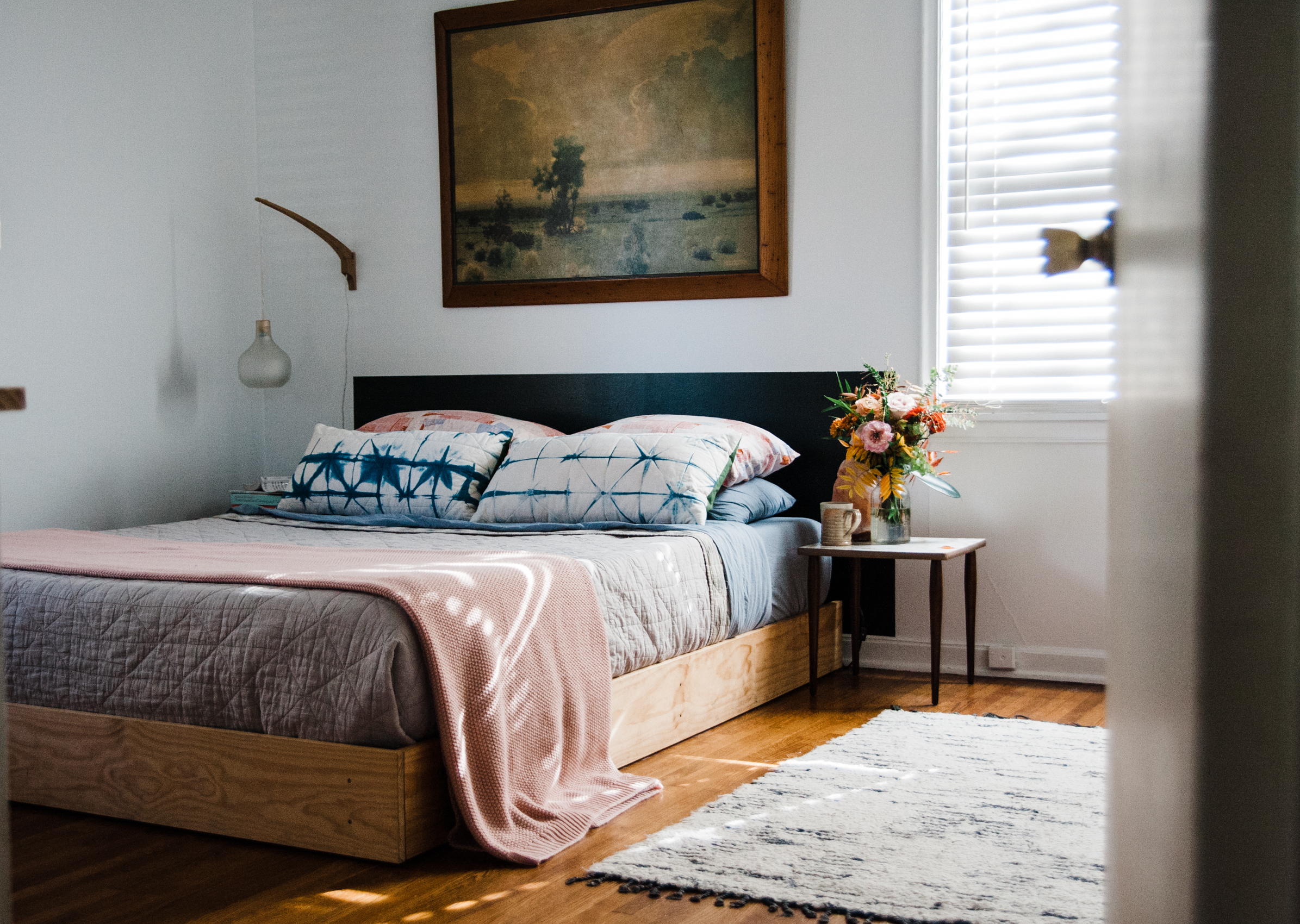Recognizing Minimalism: Methods for Minimizing Clutter and Enhancing Quality in Everyday Living
Minimalism is progressively acknowledged as a feasible technique to improving quality and focus in today's chaotic globe. By systematically examining our belongings and prioritizing intentionality, we can develop areas that not only mirror our values but additionally promote mental health. Utilizing techniques such as the "Four-Box" strategy can assist in a more organized setting, yet the real obstacle depends on cultivating a minimalist way of thinking that maintains these initiatives. Checking out the nuances of this approach might expose unusual insights into just how you can change your day-to-day live. What might you find when you accept this deliberate simplicity?
Specifying Minimalism and Its Advantages
Specifying minimalism includes recognizing it as a lifestyle option that stresses simpleness and intentionality in both day-to-day routines and physical possessions. At its core, minimalism urges individuals to prioritize what really matters, permitting an extra purposeful and focused presence. By removing away the non-essential, minimalism invites individuals to engage deeply with their environments and experiences.
It cultivates psychological clearness, as reducing mess in one's setting can lead to lowered disturbances and stress. Minimalism promotes monetary flexibility; by focusing on requirements over wants, individuals can make even more informed acquiring choices, leading to potential financial savings and reduced financial obligation.
Ultimately, minimalism is not merely about material decrease but involves an all natural shift in perspective, fostering a life identified by satisfaction, objective, and balance. Welcoming this way of life can bring about profound adjustments in just how individuals connect and regard with the globe around them.
Evaluating Your Present Clutter
Mess frequently materializes as a frustrating buildup of items that no longer offer a purpose, producing an obstacle to accomplishing a minimal lifestyle. To successfully evaluate your existing clutter, it is necessary to embrace an organized strategy. Begin by recognizing the locations in your home that really feel frustrating or chaotic. Remember of details classifications of items, such as clothes, publications, or cookware, as this will assist you recognize the scope of the mess.

Furthermore, take into consideration the regularity of usage for each item. It might be a prospect for removal if something has not offered a purpose in the previous year. This assessment will certainly not only clarify your partnership with your belongings yet will additionally establish the structure for effective decluttering in the future. Inevitably, recognizing your present mess is a crucial action toward embracing minimalism and boosting clarity in your day-to-day living.

Practical Decluttering Techniques
Having evaluated your current mess, the following action is to carry out functional decluttering methods that help with a more organized living space. Minimalism. One effective method is the "Four-Box" technique, where you mark 4 boxes classified: keep, donate, trash, and Learn More Here relocate. This method motivates quick decision-making and makes sure products are classified suitably
An additional technique is the "One in, One out" guideline, which specifies that for every new thing acquired, an existing thing needs to be eliminated. This concept aids keep equilibrium and avoids buildup with time. Additionally, take into consideration the "30-Day Minimalism Video Game," where you remove one product on the very first day, two on the 2nd, and so forth, cumulatively cultivating a sense of accomplishment.
For those who deal with psychological attachments to possessions, the "Sentimental Worth" method can be beneficial. Limit on your own to a certain variety of cherished things, allowing you to appreciate their significance without overwhelming your room. Develop a regular decluttering routine, whether regular monthly or seasonally, to keep a clutter-free environment. By utilizing these strategies, you can develop a more efficient and peaceful home, inevitably enhancing clearness in your daily life.
Creating Deliberate Spaces
Producing intentional spaces includes a thoughtful approach to exactly how we layout and arrange our settings, making certain each area offers a specific purpose and mirrors our values. This method is vital in growing a feeling of clarity and objective in our lives. By critically assessing the feature of each space, we can get rid of interruptions and enhance our total wellness.
To create deliberate areas, begin by determining the main tasks that will certainly happen in each area. For instance, an office ought to be developed to foster performance, integrating aspects such as adequate lights, comfy furniture, and marginal disturbances. On the other hand, a leisure area should advertise harmony, featuring soothing shades and comfortable seats.
Additionally, think about the emotional effect of your surroundings (Minimalism). Integrating personal products that resonate with your worths, such as artwork or plants, can enhance the link to your room. Routinely review these settings to ensure they continue to serve their intended objective visit this site as your demands advance
Inevitably, developing intentional visit this website rooms has to do with making conscious selections that straighten with your way of living, advertising harmony and performance in your living and functioning settings.
Keeping a Minimalist Mindset
Accepting a minimal way of thinking needs ongoing representation and intentionality in our thoughts and activities. This technique involves cultivating understanding of our worths and priorities, permitting us to filter disturbances and concentrate on what absolutely matters. To keep this attitude, normal self-assessment is crucial. Set apart time to examine your commitments, properties, and even digital content, guaranteeing they straighten with your core concepts.
Another key strategy is to exercise gratitude. Recognizing what you already possess fosters satisfaction and minimizes the need for excess. This change in point of view urges gratitude for simplicity, improving overall well-being. Including mindfulness techniques, such as reflection or journaling, can even more reinforce a minimal frame of mind by advertising clearness and minimizing psychological mess.
Furthermore, develop borders to safeguard your energy and time. Discover to say no to non-essential obligations and disturbances that do not contribute to your individual growth. Border yourself with similar people that support your minimalist trip, as shared worths can boost inspiration and liability.
Verdict
In final thought, welcoming minimalism uses considerable benefits, consisting of reduced mess and boosted clearness in daily life. The concepts of minimalism serve as useful devices for growing a setting that sustains personal development and wellness.

Additionally, consider the "30-Day Minimalism Video Game," where you remove one item on the first day, two on the second, and so forth, cumulatively promoting a sense of achievement.
In final thought, accepting minimalism uses substantial advantages, consisting of lowered mess and boosted quality in day-to-day life.